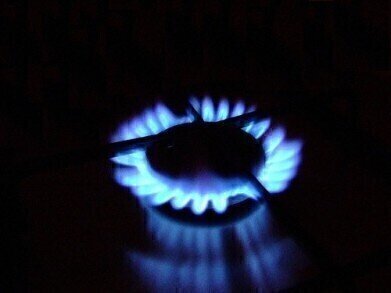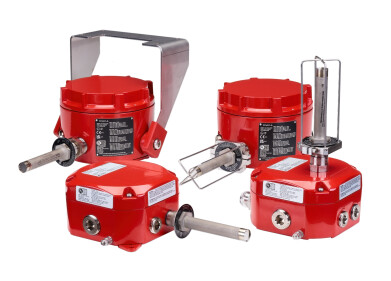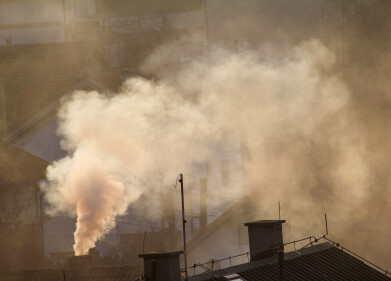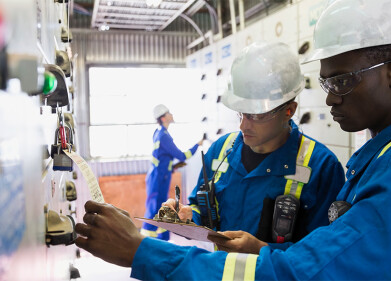-
 Natural gas is fast becoming a cheap source of energy
Natural gas is fast becoming a cheap source of energy
Safety
New study could help quantify fracking methane leaks
Oct 15 2013
There could soon be greater understanding concerning the amount of methane leaks that occur during natural gas production and processing operations.
The amount of methane that leaks during hydraulic fracturing (fracking) and the storage and transportation of natural gas has long been debated. However, researchers from Colorado State University (CSU) are now hoping a new study will allow them to successfully quantify the true amounts of methane that leak from natural gas operations.
Methane is around 25 times more damaging than carbon dioxide when released into the atmosphere in its uncombusted form. It is able to trap larger amounts of heat in the atmosphere than carbon dioxide and so is detrimental to the fight against climate change. Many people have opposed fracking operations due to early reports concerning the amount of methane leaks that occur during the process.
Data will be collected over the course of a month by researchers, led by Anthony Marchese, mechanical engineering professor and director of the CSU Engines and Energy Conversion Laboratory, in the hope of fully understanding the true levels of fracking methane leaks. The data will be collected from a number of sources throughout the natural gas production and transportation process.
The main focus of the study will be placed on the gathering and processing stages of natural gas production. While previous research has led to revised figures on methane leaks during the actual extraction phase and storage of natural gas, according to Professor Marchese, there is very little information on the impact these two areas have on methane leaks.
“Although some data exist on the larger processing plants, there is very little existing data on the methane emissions from other components of the gathering system. Our study will provide additional independent assessment of emissions from the gathering and processing sector of the on-shore natural gas industry, and our measurements will create the baseline for future studies," he said.
Better understanding how much methane leaks and when it leaks during fracking could lead to better technology to reduce the issue. Reducing emissions could then help to cut down on air pollution and reduce the effects of climate change.
Digital Edition
PIN 25.5 Oct/Nov 2024
November 2024
Analytical Instrumentation - Picturing Viscosity – How Can a Viscometer or a Rheometer Benefit You? - Sustainable Grease Formulations: Evaluating Key Performance Parameters and Testing Method...
View all digital editions
Events
Nov 26 2024 Paris, France
Nov 26 2024 Amsterdam, Netherlands
Nov 27 2024 Istanbul, Turkey
Biogas Convention & Trade Fair 2024
Nov 27 2024 Hanover, Germany
Dec 03 2024 Dusseldorf, Germany


















